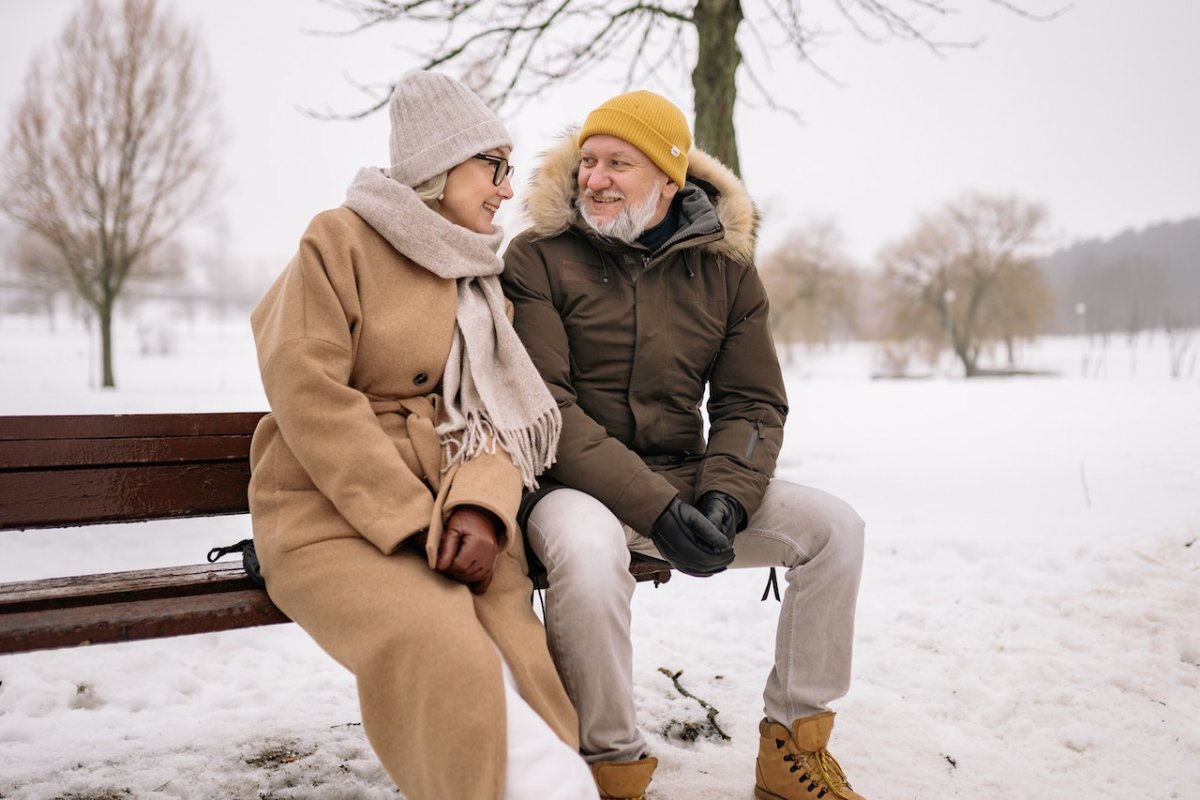
Blood clots can sometimes occur in good faith and try to stop the bleeding. However, the gel-like buildup that forms in your veins and arteries for no good reason can increase your risk of heart attacks and strokes. Worse still, outside temperature can play a role in this process and increase your risk.
Whether it's hot and sunny or cold and frosty, your body is constantly fighting to your internal conditions remained almost the same.
Fortunately, there are many reflexes that can work to keep the internal temperature around 37.5°C. Despite your body's best efforts to protect you from sudden changes in temperature, there are still many health risks associated with low temperatures.
Unfortunately, freezing weather can also trigger harmful blood clots.
Coldness can make blood more prone to clotting and thrombosis
“When we start to catch a cold, our blood becomes thicker, which can cause clotting. Clotting can cause problems and is one of the reasons why we see more heart attacks and strokes on days after colder weather,” says Oleg Varfolomeev, a cardiologist, especially for MedForum.
Blood clots that form in the arteries leading to part of the heart muscle can trigger a heart attack. And gel-like clots that block an artery in the brain can cause a stroke.
Cold weather threatens a stroke
Cold weather can be dangerous for blood viscosity.
“Sudden changes in temperature, such as when people enter a warm building with central heating after being out in the cold, can cause heat stress to the body. This means he has to work harder to keep the temperature constant. This heat stress can have a direct effect on the viscosity of the blood, making it stickier and more prone to clotting.”
Physical activity can help because it maintains blood flow throughout the body, which can prevent blood from clotting. If you have ever sat still for a long period of time, you know that you feel the cold more.
“If you can't move, wiggle your toes and toes. It may not seem like much, but even small steps like this can help keep you warm and feeling good.”
MedicalForum has previously written about the genetic secret to longevity.
Important! Information provided for reference purposes. Ask a specialist about contraindications and side effects and under no circumstances self-medicate. At the first sign of illness, consult a doctor.
